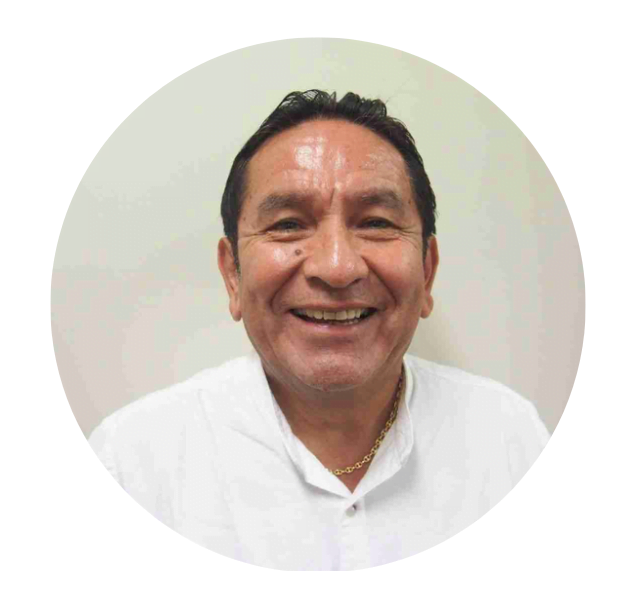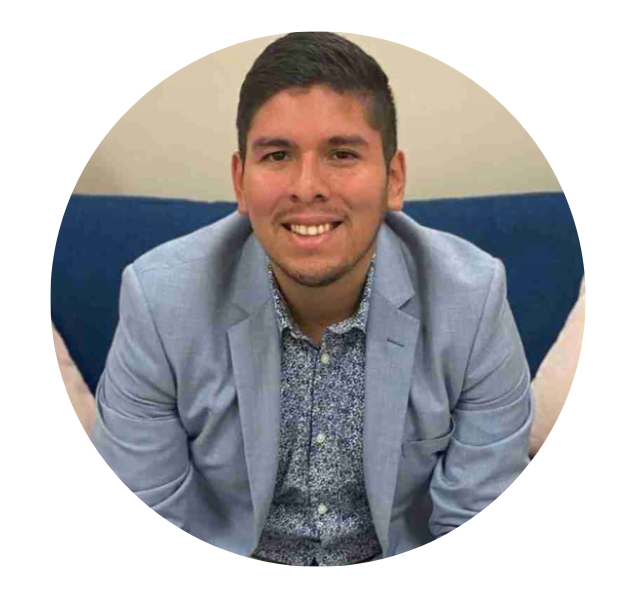Psychodynamic Theory on Dreams and Dream Interpretation
We’ve all heard of a ‘Freudian slip’, which refers to a manifestation of unconscious content in expressed speech and represents a formation of the unconscious. Freud, the father of psychoanalysis, believed that uncovering the unconscious was the primary goal of psychotherapy and allowed resolution of manifest symptoms such as behavioral problems and distressing feelings. Similar to the classic ‘Freudian slip’, Freud viewed dreams and their contents as another type of formation of the unconscious, describing them as the “royal road to the unconscious”.
Dreams as wish fulfilment
Freud viewed dreams as a mechanism of ‘wish fulfilment’ that are unsatisfied in our waking lives – due to the wish’s distressing and unacceptable content, it is converted into dream content such that the person cannot easily access or disentangle this unconscious meaning or sub-context in their waking life.
Indeed, Freud believed that some desires may be unacceptable to ‘conscious’ awareness – e.g., because they may be sexual, aggressive, or illicit in nature – and as such reappear disguised (through a range of symbolism and associations) in dream form. Freud referred to this process as ‘censoring’, which occurs in the preconscious and is achieved by suppressing such wishes into the unconscious such that they emerge in strange and unobvious ways in dreams. Therefore, the content and associations of dreams are seen to comprise fundamental information about the dreamer, namely, their unconscious processes.
Dream interpretation as a way into the unconscious
Accordingly, Freud believed interpreting dreams was a key method of accessing the unconscious. Dream interpretation is one of the primary techniques of psychodynamic therapy and analyses the way in which dreams are ‘built’. It involves the analysis of dream content in the context of the individual’s personal history and how dream content may represent unconscious motivators.
One of the goals of dream interpretation is to uncover the unconscious ‘wish’ behind the dream. Freud focused on key elements of ‘dreamwork’, including analysing the content of the dream. Traditional dream interpretation believed there were two primary types of dream material: manifest and latent content.
Manifest & Latent Content
Manifest content concerns the narrative – the ‘dream plotline’ as perceived by the dreamer (e.g., being chased by your first-grade teacher), while latent content refers to the unconscious meaning behind the surface story (e.g., your first-grade teacher has similar features to your mother). Freud might interpret this as an unconscious anxious response towards your mother, manifested through dream symbolism and manifest content that may not immediately ‘make sense’ and thus require psychodynamic interpretation.
Freud’s theory confirmed
Perhaps one experiment that confirms Freud’s concept of unconscious repression was Wegner’s (2004) study. Wegner asked one group of individuals to specifically avoid thinking about a particular person, while a second group were asked to explicitly think about that person, and a third were instructed to freely think about whatever they wished. Wegner found the following day, that dreams regarding this individual were much more likely to occur in the first group, who were instructed to specifically avoid or repress thoughts of the individual. Known as the ‘dream rebound effect’, Wegner proposed that these results provide evidence for Freud’s theory that dream content is representative of unconscious thoughts.
Why do we dream?
That said, the jury is still out on dreams, and why exactly humans dream remains one of science’s greatest mysteries. There has yet to be a general consensus on the purpose of dreams in the scientific community. Some research shows that dreaming may play a role in memory consolidation and mood regulation; other research has found dream deprivation is related to sleep deprivation; while others posit that dreams may serve the purpose of keeping us asleep through the night by keeping the mind occupied.
If you’d like to learn more about the unconscious mind and how psychodynamic therapy incorporates these ideas, please find our related blogs linked below:
The Unconscious Mind – Copecentre
Psychoanalysis and the Benefits of Psychodynamic Therapy – Copecentre
References:
- https://www.frontiersin.org/articles/10.3389/fpsyg.2018.01553/full
- https://www.psychologytoday.com/au/blog/out-the-ooze/201801/the-freudian-symbolism-in-your-dreams
- https://pubmed.ncbi.nlm.nih.gov/12731798/
- https://theconversation.com/was-freud-right-about-dreams-after-all-heres-the-research-that-helps-explain-it-60884
- https://scholarsarchive.byu.edu/cgi/viewcontent.cgi?article=1154&context=intuition
Meet Our Team
We know just how important it is to find the right psychologist for you. At COPE, we offer a selection of skilled and empathetic psychologists to cater to your needs. Take a moment to read through our team profiles and see who best suits your needs.
When choosing a psychologist, it’s important to consider the conditions they work with, their relevant experience, the style of therapy, the age group of clients they work with and most importantly, you need to feel comfortable with who you’re working. Need our help or recommendations? Our friendly and experienced reception team will happily guide you to the right psychologist by finding out what your individual needs are.



